Theme: Mangrove restoration and payment mechanisms for environmental services (including blue carbon): challenges and synergies with national policies and the needs of vulnerable communities, especially women
The third day of the Mangrove Ecosystems Conference highlighted the importance of combining ecological action, financial innovation, and social inclusion to effectively address conservation and development challenges. Each session explored a complementary dimension of this integrated vision, collectively shaping the outlines of a sustainable and equitable model for coastal territories.
The day began with a presentation from the Directorate of marine protected areas on the national strategy for the management of mangroves. Rooted in an ecosystem-based approach and participatory governance, this strategy relies on strengthening local capacities and ensuring intersectoral coordination to maximize synergies.
In continuation, discussions focused on blue carbon projects, which enhance the value of coastal ecosystems while addressing climate challenges and offering significant economic opportunities for local populations. It was noted that blue carbon and its associated benefits remain largely unknown to the general population in Senegal.
To ensure transparency regarding carbon benefits, the use of the MRV (Measurement, Reporting, Verification) system was proposed as a suitable alternative. Solid planning, widespread awareness, and early consultation with communities are essential to safeguard ecosystem health and ensure fair distribution of economic gains. Participants also raised concerns that many NGOs operate in villages without notifying municipal authorities, who often only learn of such activities through public events. Additionally, multiple organizations often implement overlapping projects in the same communities — a practice deemed inefficient. The discussions stressed the need to shift approaches toward empowering communities through skill-building rather than relying solely on financial aid.
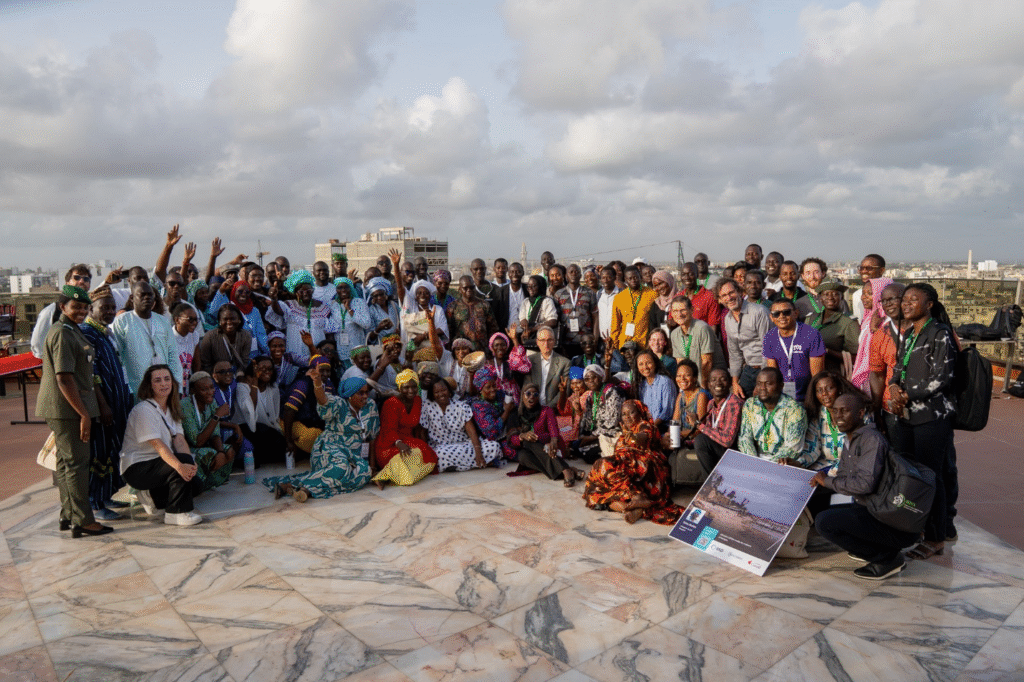
Then, IISD presented the financial analysis of the NATUR’ELLES project, which aims to bridge major long-term funding gaps for nature-based solutions. This approach leverages innovative strategies — such as mobilizing payments for ecosystem services (PES), carbon credits, conditional grants, environmental impact bonds, and debt-for-nature swaps — to attract and anchor both public and private investment around the monetization of measurable ecosystem services. The goal is to turn conservation and climate resilience into credible and attractive investment opportunities.
Subsequently, the conference explored the role of cooperatives and local organizations as key drivers of sustainable natural resource management. These locally grounded associations promote responsible practices, involve women and youth in governance, and advance environmental traceability. They are recognized as essential actors in fostering community resilience and driving socio-environmental transformation. The importance of facilitating cooperative access to green funds was also emphasized to support their further development.
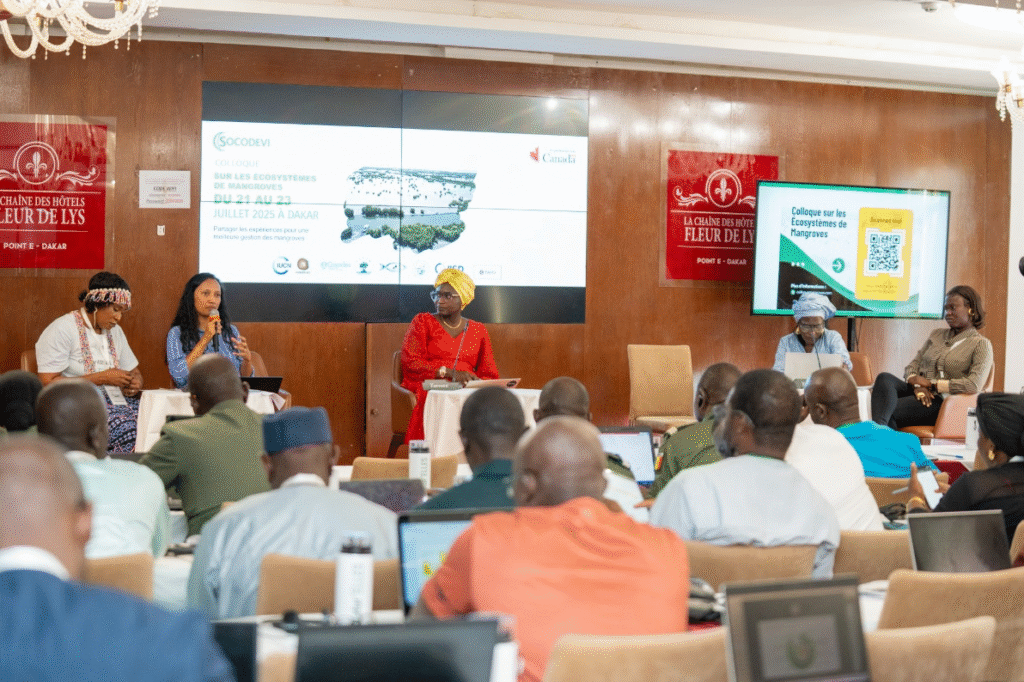
The last sessions addressed the issue of gender equality in mangrove restoration and conservation efforts. This involves empowering women, ensuring their equitable access to resources, and recognizing their knowledge, which enriches governance. Mangroves were reaffirmed as vital resources that go far beyond their carbon function, and inclusive management was presented as a pathway to social and environmental justice. Mangroves have enabled women to support their families and finance their children’s education. As some women put it: “Mangroves are our World Bank.” This vision of human-centered conservation, grounded in local realities and driven by inclusive dialogue, is emerging as a sustainable path forward for coastal regions. Nonetheless, it was strongly emphasized that persistent norms limiting women’s participation and leadership in decision-making bodies must be challenged.
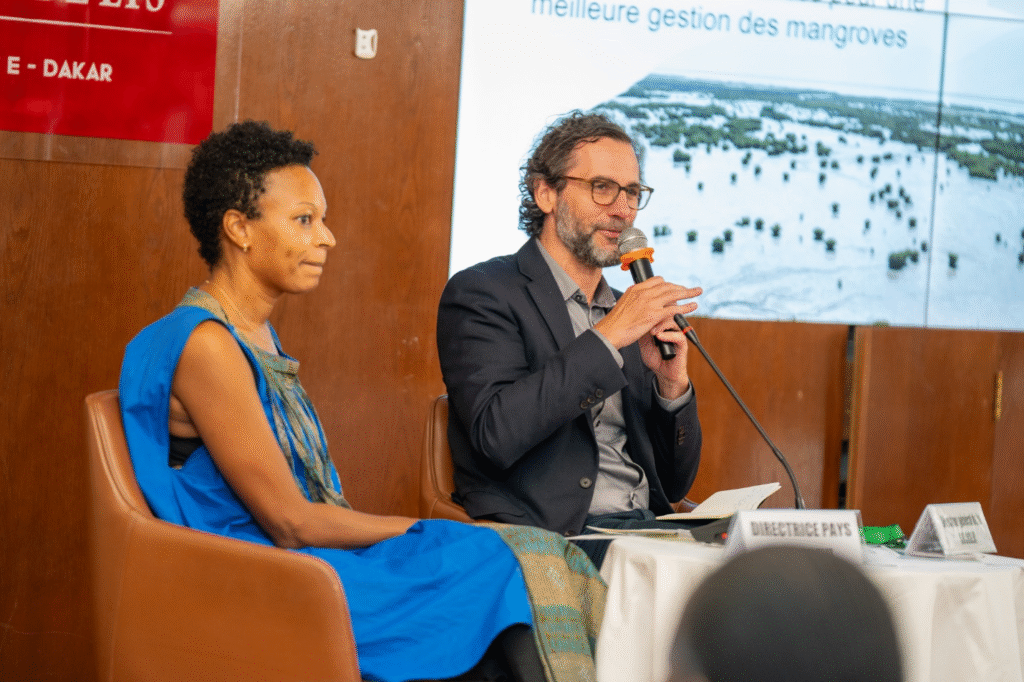
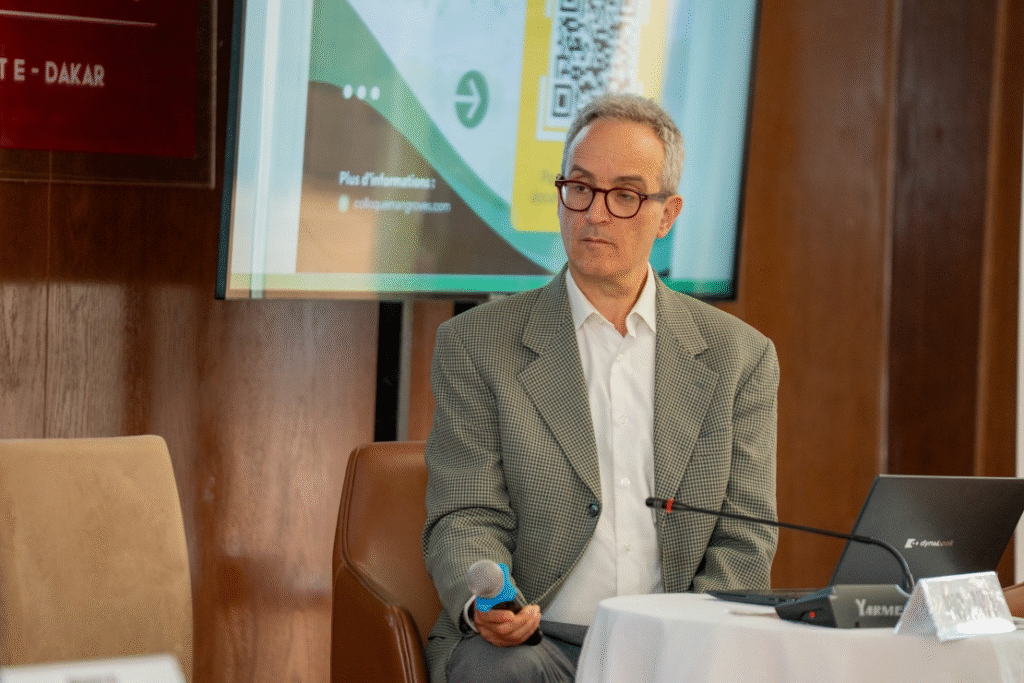
And finally, the mangrove ecosystems symposium ended on beautiful notes with the photo exhibition from the storytelling and photography training delivered by IISD under the women’s leadership programme of the Natur’ELLES project. Read more about the stories here.
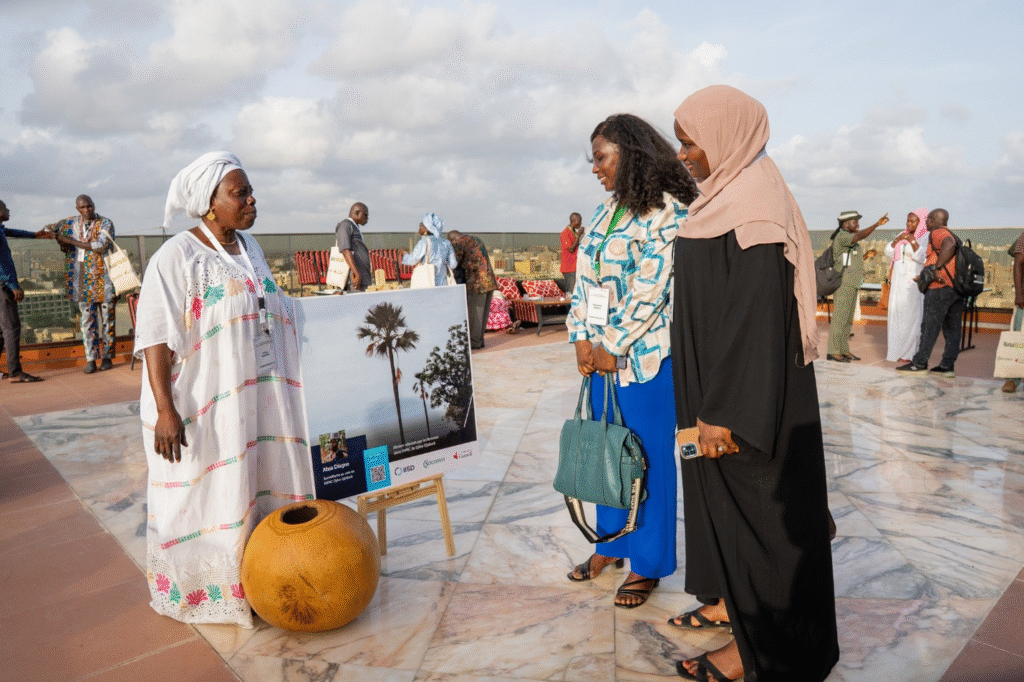

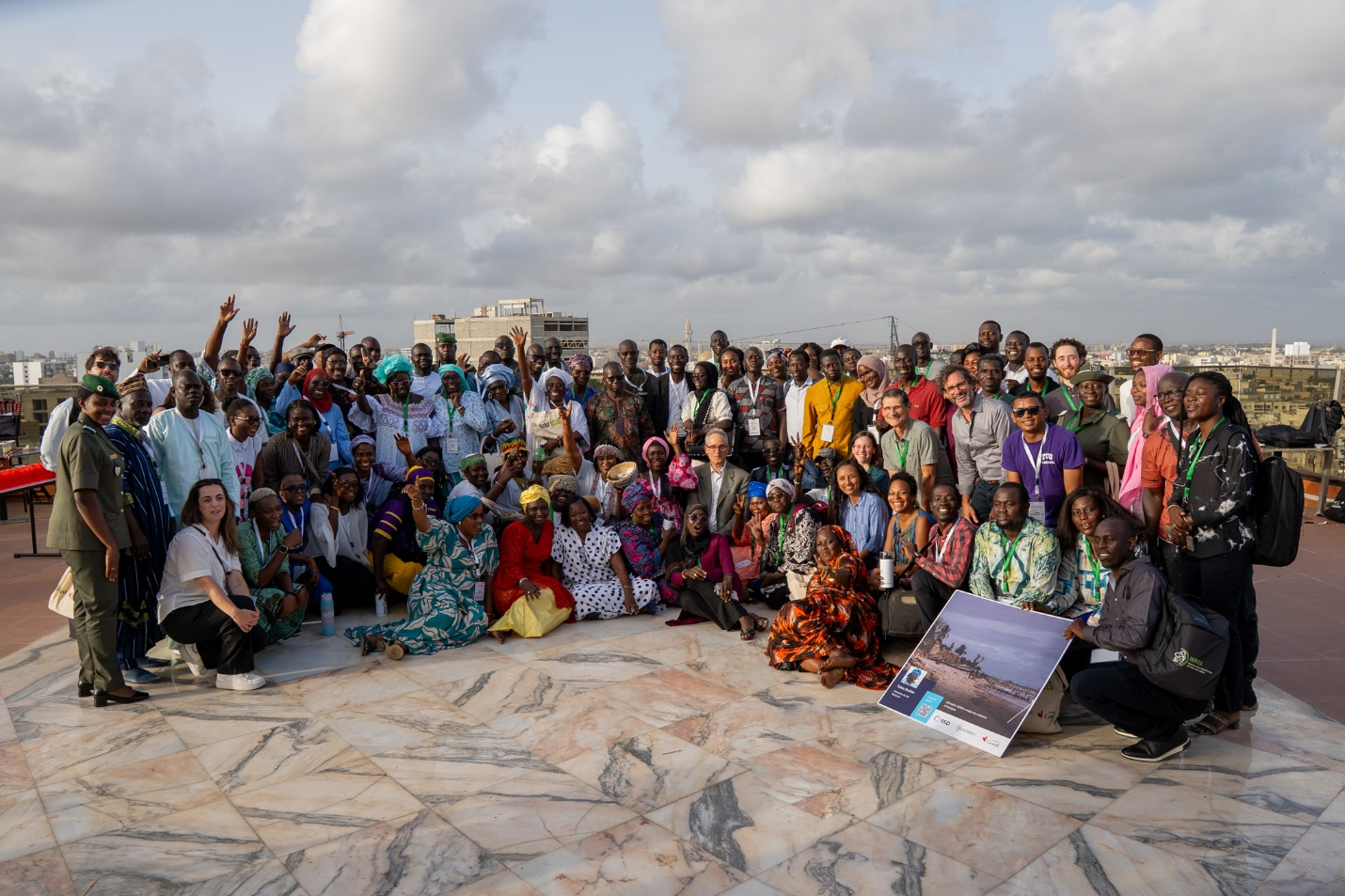
Leave A Comment